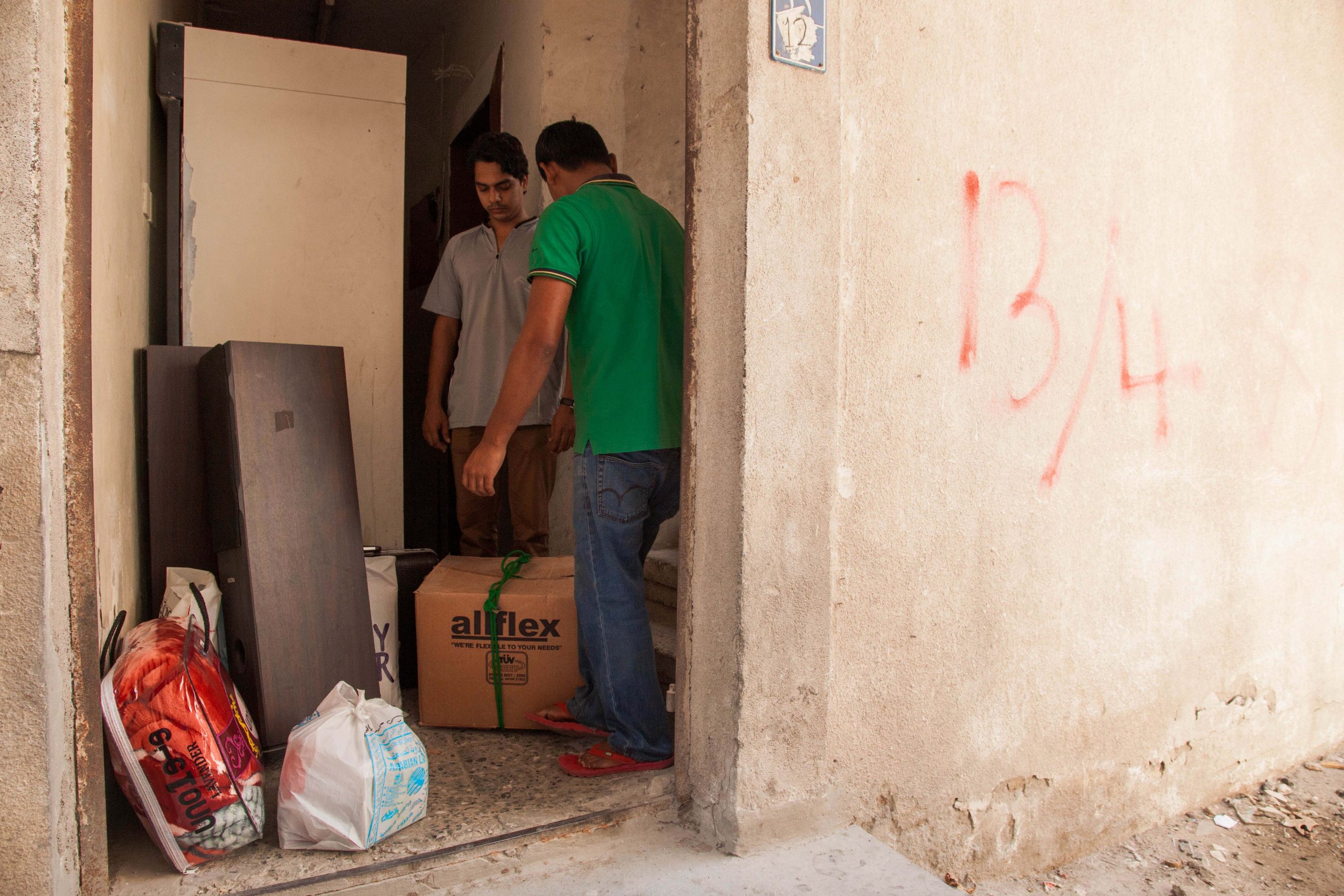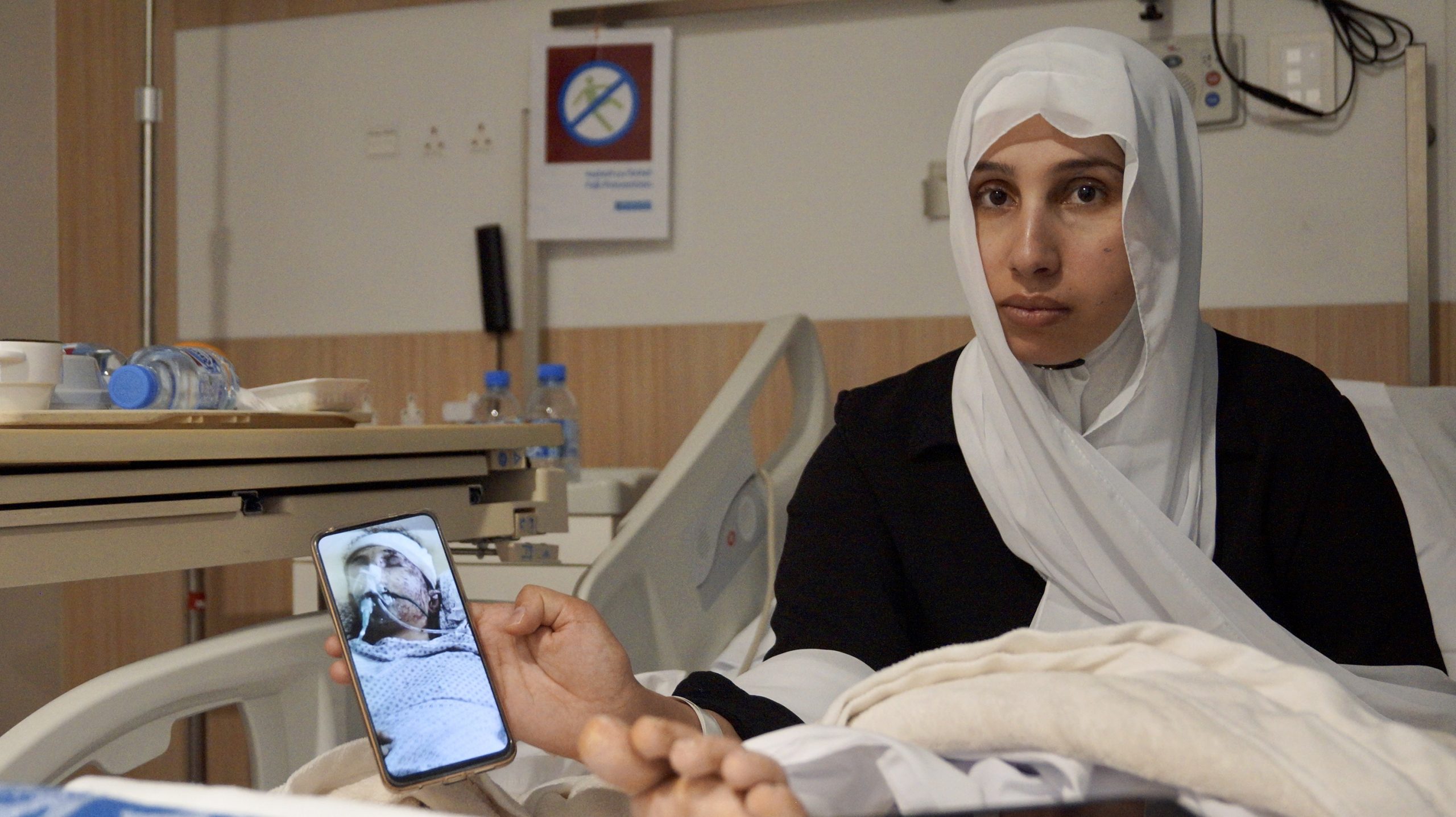
A month after hundreds of Qatar residents were forcibly evicted from their homes in downtown Musheireb, a local community group has been raising money to help the men afford new lodgings.
The fundraising campaign, which was launched by I Love Qatar (ILQ), went live on July 8, but has so far only attracted 15 donors, and raised some QR3,000 ($870).
However, the money has helped pay a month’s rent for seven men who have relocated next to the Mercure Grand Hotel Doha City Center.
They and several others were told to leave their homes during Ramadan, as the Musheireb area – formerly a haven for male expats on fixed incomes – becomes remade into a more upscale part of town.
In an email to Doha News, Ramy Khalaf, an ILQ team member, said the goal of the fundraising campaign is to alleviate some of the stress that many of the men have felt after suddenly losing their living spaces.
Many of these expats have not been successful in finding new homes due to the high cost of rent outside of the Musheireb area.
Speaking to Doha News by phone, Badruddin, a 31-year-old Nepali salesman who works for Amir Perfumes, and one of the seven men helped by ILQ’s donation drive, said:
“Most of the people still haven’t found accommodations. They’re living with relatives or friends, paying minimal rent in gratitude for having a place to stay.”
Current situation
Following the initial eviction order, it took a few weeks for many of the former tenants to clear out of their Musheireb neighborhood.

Despite a police presence, some people kept returning to their homes to sleep at night. Others slept on the street, next to their possessions.
But now, no stragglers can be seen in the formerly crowded area.
A shopkeeper at a store near the buildings that were emptied said that the area is now deserted.
“No one comes back here anymore,” he said. “They’re all gone. They didn’t have a choice; they came back to take most of their things and left.”
He added that he did not where people had relocated to.
In an effort to find people to help, ILQ contacted some of the workers interviewed in Doha News’ initial story to inquire about their current housing situation.
Money at work
Badruddin, one of the many people who spoke to Doha News the day after the eviction, now resides in a three-bedroom apartment near the Mercure Grand Hotel in Musheireb.
He and seven others are renting two of the bedrooms there, staying four to a room, and the original resident of the flat is in the third bedroom. The collective cost of the two rooms is QR3,000 a month, and each tenant pays about QR400/month.
The payment is a steep increase for the men – almost double the QR200 to QR250/month they used to pay in Musheireb.
Badruddin’s employer was initially sympathetic to his housing problem, allowing him to take the day off to look for new accommodation after the eviction.
But his superior has not not increased his monthly salary of QR2,300, which includes a QR200 housing allowance.
Stalled campaign
For Badruddin and his colleagues, the QR3,000 donation from ILQ evoked mixed feelings, Khalaf said:
“They were overwhelmed with joy and relief, a feeling which quickly faded at the thought of next month’s rent. This prompted them to ask whether we had further contributions that could help them through a couple more months.
Since we’re out of money, we were neither able to help them nor several other callers who heard that we had helped their friends with rent.”
Khalaf added that there are still many people in need of help, and urged people to keep the donation drive going:
“We are very grateful to those who have already contributed, and urge others to help out because we can’t stress how much of a difference this makes to these men.
The visible sense of community the gentlemen we helped initially displayed made everything worth it; it was obvious they felt that there were people who care about their well-being, people who want to close the divide…That’s seven down and loads more to go.”
Thoughts?







